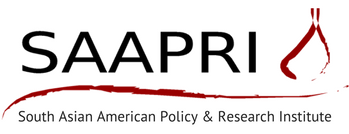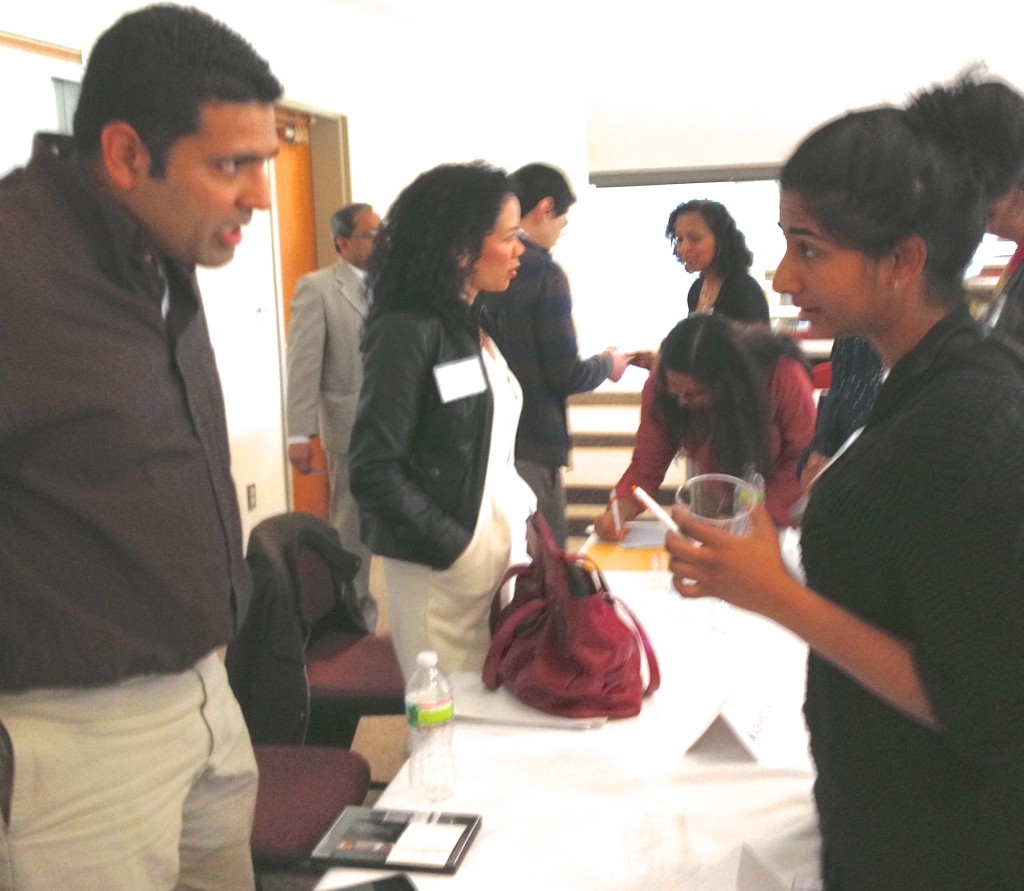As SAAPRI joins all Americans in celebrating independence, we thank all those whose sacrifices give us the freedom to voice our concerns in a democratic society. During this past year, SAAPRI has been especially fortunate to visit the nation’s capital to highlight the issues facing Chicago’s South Asian Americans. From speaking on “Data Driven Social Change” at the National South Asian Summit to learning insights about capacity building from colleagues across the country, SAAPRI has enjoyed the opportunity to connect local work to national movements, increase civic engagement, reform the immigration system, and prevent hate crimes.
We wish all of you a happy Independence Day.
– Ami Gandhi, Executive Director
During my time living in India as a child, I witnessed a gamut of natural disasters and civic atrocities – including floods, earthquakes, and communal riots – and I actively participated in the aftermath and reconstruction. This first-hand experience has equipped me to better understand the South Asian culture and issues facing South Asian immigrants who now live in America. I brought that experience to SAAPRI when I conducted demographic and community-based research projects. I took my skills to the next level when I served as a representative of SAAPRI at the We Build Community training in the Washington, D.C. area. It was my first time visiting Washington, D.C., and it was an excellent introduction to the nation’s capital and today’s most pressing issues. I received a tremendous amount of knowledge about racial justice and non-profit organization management, which will help me to continue making a difference in the South Asian American community. I had a wonderful learning experience and am grateful to SAAPRI and SAALT for the opportunity.
– Priyang Baxi, Research Intern
My takeaway from joining SAAPRI at the National South Asian Summit? That I am indeed South Asian. And American.
I had just completed a study with SAAPRI on corruption in Illinois’ South Asian diaspora. At the SAALT sessions, new research possibilities began to spawn: reflections on the 2012 Oak Creek tragedy beckoned academic attention; the community storytelling session inspired my narrative interest; and the gender and sexual violence session compelled my analysis. I found my rising interest to be at pace with my compounding guilt. Having grown up in India, I felt a responsibility to contribute to the homeland: for example, sexual violence in South Asia demanded deeper thought, and corruption also needed much attention. Stark choices would have to be made: either South Asia or America.
Or so I thought until, days later, I distilled my thoughts. A common thread began to emerge: our awareness of our roots, our routes, and the struggles along the way, I realized, is precisely what enriches us as South-Asian-Americans. The opportunity to realize this through SAALT and SAAPRI will be richly reflected through my work with the community in the future for it is precisely this consciousness of ambiguity that will empower us to shape our historicity going forward.
– Maya Pillai, Research Intern



